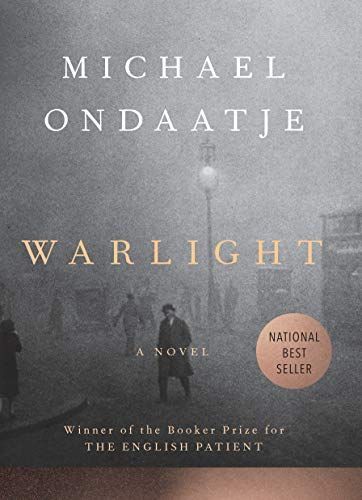Reviews
Sarah Christine Gill@Gilly
Colleen@mirificmoxie
Melody Izard@mizard
Story Eater@eaterofstories
Moray Lyle McIntosh@bookish_arcadia
*emmie*@emmie
Francine Corry@booknblues
Tarannum Kamlani@tarannumsaurus
Helen Bright@lemonista
Stef Hite@stefhite
ghost girl in satin@ghostgirlinsatin
John Manoogian III@jm3
Lindsy Rice@lindsyrice
Ivy Vatsala@ivy93
Kyle Curry@kcurry24
Erik Wallace@erikwallace
Stephanie Honour@stephonour
Jacob Mishook@jmishook
Satty@esscee2105
Amanda S@amandas
Fabienne @fabienne8
Sabine Delorme@7o9
Robyn Campbell@robyncampbell
Robyn Campbell@robyncampbell
